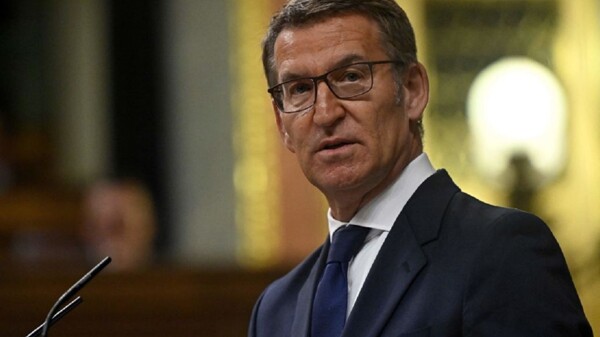Judge Calama, who had previously closed the case due to lack of known author, decided to reopen the proceedings and requested the National Cryptological Center for an expert analysis necessary to resolve the case. France had requested this investigation with the possibility of establishing whether the infections in France and Spain were related to each other, although it was not certain to identify the culprit.
In the same vein, more details were also requested from France regarding the technical investigations carried out by the French National Cybersecurity Agency (ANSSI). French authorities had analyzed more computer devices in depth compared to Spain.
On the other hand, young hacker Pablo Muñoz, 18 years old, began his attacks during the pandemic out of boredom, according to statements from the CNI. The analysis of the information provided by French authorities did not reveal any new relevant information, as the malicious code used left no traces of activity in the systems.
Judge José Luis Calama sent a European investigation order to France and a letter rogatory to Israel to delve into the Pegasus software case, which affected the Spanish Prime Minister, Pedro Sánchez, and other ministers. Despite the efforts, a connection between the mobile devices investigated in France and Spain has not yet been established.
Investigations continue and more information is expected to be obtained through international cooperation, mainly with Israel. NSO Group, the Israeli company that manufactured Pegasus, has been reluctant to cooperate, complicating the identification of the responsible party for the cyber attacks.
The judge has pointed out that the use of commercial spyware makes it very difficult to attribute the identity of the author of the attacks through technical means. Efforts are ongoing to obtain more data to clarify the case, seeking the cooperation of various international entities.













